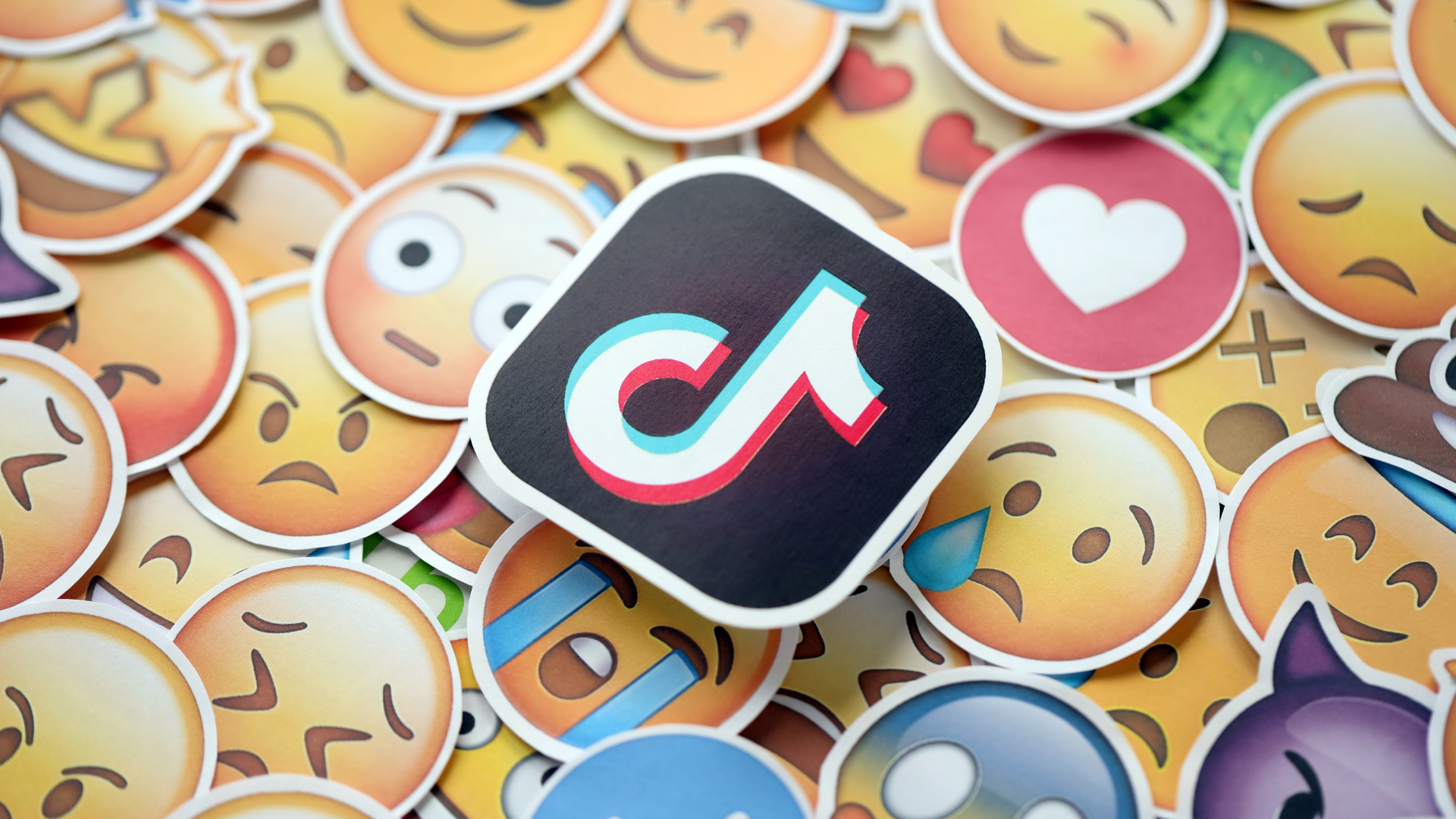TikTok’s filters can be a fun way to interact with the app, acting like digital face paint that can make you look like, for example, a clown or a tiger. But effects that aim to amplify a user’s beauty are a trickier subject, as TikTok itself is now acknowledging.
Following over a dozen lawsuits that have targeted the platform over its effect on teens’ mental health, as well as research done in collaboration with the London-based Internet Matters non-profit, the company now says that “in the coming weeks,” users who are under the age of 18 won’t be able to use “certain appearance-altering effects.”
While the company says it won’t target effects “designed to be obvious or funny,” it will restrict effects “designed to alter your appearance,” with the goal being to ease concerns “that those viewing the content might not realize it had been altered.”
In other words, teens on TikTok will still be able to wear digital animal ears to their heart’s content, but probably won’t be able to use beauty filters once these age gates are in place (goodbye, Bold Glamour). While the news was announced at the company’s European Safety Forum, TikTok Safety and Well-being Public Policy Lead For Europe Dr. Nikki Soo told The Verge that the restrictions “will be rolled out globally.”
The company will also work towards providing more information on the specific ways an effect might alter a user’s appearance, although it wasn’t stated whether the burden here will fall on TikTok or effect creators. The latter, however, will see new guidance educating them on some of the unintended outcomes their effects might have.
As for even younger users, TikTok said it’s working on new “machine learning technology” that will prevent users who are under 13 from being on the platform, although specifics remain unclear. It’s possible said technology will also go to use to keep users who are under 18 from lying about their age, although the company didn’t say whether that’s the case.
Within Europe, TikTok is also planning to launch in-app resources “across 13 European countries” that connect users to local helplines for issues including “suicide, self-harm, hate, and harassment.”
According to TikTok’s report with Internet Matters, “beautifying filters contributed to a distorted worldview in which perfected images are normalized” and can result in “significant social pressure” to “look a certain way online.” The upcoming restrictions on said filters join prior limits TikTok has made as it attempts to get ahead of criticisms, including a default screen time limit of one hour per day for users between the ages of 13 and 17.
